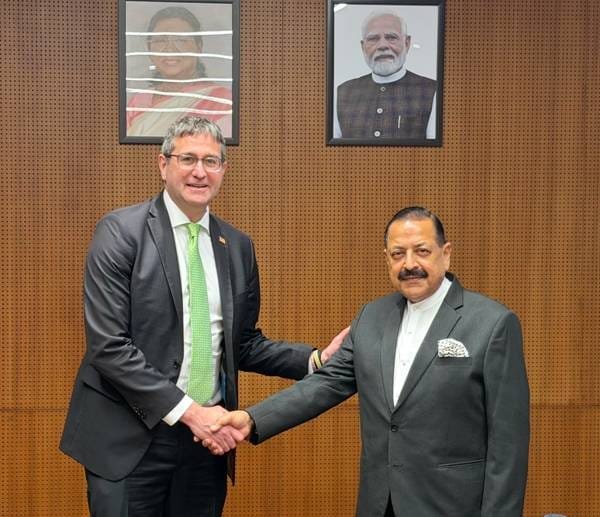UNEP’s Cool Coalition is working towards developing sustainable business models
The German government is committed to support the mitigation of environmental risk by providing resources for capacity development and investment which will include exchange of sustainable best practices in logistics and cold chain technology.
This message was conveyed by Dr. Antje C. Berger, Counsellor, Climate and Environment, Embassy of the Federal Republic of Germany in India, at the plenary session of CII’s Food and Agriculture Center of Excellence (FACE) which organised a Special Plenary Session focusing on System interventions and adoption of post-harvest management for a robust agri supply chain on 16 December 2021.
“A well-developed sustainable cold chain network will help in the reduction of wastage, improve value addition, promote crop diversification, ensure better return to the farmers, and also address critical issues of food security and food inflation,” added Amrit Lal Meena, Special Secretary – Logistics, Ministry of Commerce and Industry at the session.
Supplementing his views, B. Thiagarajan, Managing Director, Blue Star Limited, underlined the importance of multi-modal logistics to strengthen the post-harvest management across all the touch points of supply chain.’
An effective cold supply chain will also have a direct impact on the economy, added P. Ravichandran, Chairman, CII Task Force on Post-Harvest and Logistics.
“Refrigerated supply-chain logistics is critical towards achieving sustainable development goals of clean climate and is a key enabler for achieving the US$5 trillion economy,” said Ravichandran, who is also President of Danfoss Industries Private Limited.
Towards ensuring an effective and viable cold chain, it is imperative to keep pace with the necessary infrastructure development, commodity specific protocols development, promoting technological innovations, dovetailing of various schemes, alignment between the various ministries for financial outlay and business model restructuring, the session heard.
To address the above and to create a seamless cold chain logistics, an industry led Cold Chain Logistics Resource Center (CCLRC) is set up under CII’s food and agriculture Center of Excellence. The CCLRC is supported by international Agencies such as GIZ and UNEP and aligned to international priorities such as the Sustainable Development Goals, Kigali Amendment to the Montreal Protocol, etc.
The day saw the launch of Technical Specification Documents for Cold Chain Infrastructure and Commodity Specific Post-Harvest Protocols, developed under the aegis of the CCLRC. All documents are available as open access on the CCLRC website and can be leveraged by new entrants and current operators.
Going forward, the CCLRC will continue working towards promoting green technologies, piloting community cooling solutions and build the capacity of the sector in India.
Mentioning the importance of sustainability, Lily Riahi, Coordinator, Cool Coalition, Energy and Climate Branch, UNEP, informed that Cool Coalition is working towards developing sustainable business models like community cooling at village level to impact food loss, environmental sustainability and energy efficiency. fiinews.com








